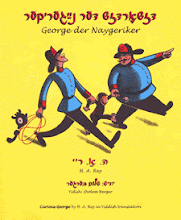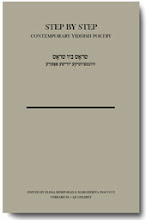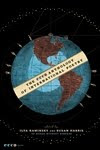I appreciate that Nicholas Kristof mentions the difficulties they have run into in practical aspects of their life (jobs are lost, lives are abandoned) because it makes Kristof seem less sanctimonious. At first blush this seems to bolster Kristof's unofficial anointing of Peter Singer as the official philosopher of the "culture of social engagement" (I suppose this is like being the anti-Nietzsche). Singer is, after all, a utilitarian. If, on the one hand, you don't have a date, a job, a bed, or a car, but on the other hand are building a shelter for orphans in Nepal - you can easily reckon up "greatest good for the greatest number" and come out in the win column.
But not so fast, Utility Man! It's all about how the utilities are calculated. What happens when the shelter gets bigger and better? Now it's a school, with
But not so fast, Utility Man! It's all about how the utilities are calculated. What happens when the shelter gets bigger and better? Now it's a school, with
[...]classes from kindergarten through sixth grade, as well as a library, a cafeteria and an outdoor auditorium. The plan is to expand it one year at a time until it is a high school as well.
At what point should Maggie Doyne - according to Singer - say "That's enough now! Let's stop here and give the rest of the money to people who need it even more. There are poorer orphans down the road, or in Burma or Africa." Does the school really need a library, a cafeteria, and an outdoor auditorium?
Of course this is ridiculous. The orphans should have a great school. But at this point we aren't talking any more about the greatest good for the greatest number. We are talking about needy orphans who Maggie Doyne fell in love with and wants to help. Utilitarianism falls down but compassion keeps on.








